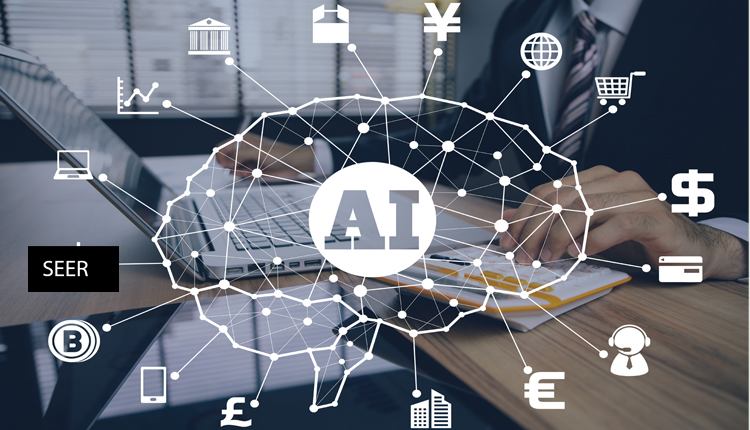Software development is a more dynamic field than ever before, with artificial intelligence taking a more prominent place. AI has had a substantial impact on software development, from automating global compliance and other menial tasks to partnering in decision execution. In the immediate future, AI will have a significant effect on the world of software testing in particular. The essay “How Artificial Intelligence May Affect Software Quality Assurance and what it means for software testing consulting businesses” will provide further insight.
1. Intelligent Test Automation
For contemporary AI, its impact on software testing was the creation of intelligent test automation. The traditional test automation tools are mainly established on predefined scripts and scenarios, which can be presented as dependable, even intuitive. However, AI provides a more sophisticated alternative which includes machine learning algorithms that illuminate the conduct of the application and create test scripts independently.
AI-driven test automation tools can save a lot of time and effort required to create and maintain test scripts by changing along with the application’s code and functionality. This enables software testing service providers to rationalize their testing process and provide faster, more effective testing services to their clients.
2. Predictive Testing
Another area where AI probably will have a notable impact is predictive testing. Current testing is mainly about discovering and fixing the errors that have already been created. However, AI can look at what has been previously tested and learned from that data, anticipating patterns and trends indicating trouble spots in the future.
Predictive testing is another way to remove the probability of defects before they can be produced and ejected into a point. Additionally, this technology allows software testing companies to bypass and address many of the costly errors they have made. This increases the quality of the software. It also increases the reputation and faith of consumers in the software testing company.
3. Intelligent Test Case Prioritization
Typically, a test suite of a large-scale software project contains hundreds, if not thousands, of test cases. Prioritizing them by hand would have been a massive challenge. However, AI algorithms can evaluate lots of data points on code changes, defect records, business impact, and more to rank the test goals based on how likely each is to catch severe defects.
Software testing service providers can automate the prioritization sprinting test case process to maximize the allocation of an appropriate percentage of Romana’s testing resources thus decreasing the tensibility of such failures and the software company must spend its investment time.
4. Natural Language Processing for Test Case Creation
Some problems with test case writing, in turn, are that it is time-consuming and error-prone; it requires a lot of knowledge about the tested application’s behavior and requirements to write “good” test cases: however, AI-powered natural language processing can generate test cases by analyzing documentation, user stories, and text artifacts.
The power of NLP allows software testing service providers to generate test cases faster and more accurately. This means they can deliver more comprehensive testing services to their clients within a short period making them more efficient in the services they deliver.
5. Continuous Monitoring and Adaptive Testing
With the fast-growing and quickly changing software applications that are constantly updated, AI can be a solution to monitoring and testing that adapts to the situation. AI will analyze data from the production environment in the real-time mode to identify behaviors that should not be happening.
Active monitoring of application performance and user trends enables software testing service providers to modify their testing solutions, where needed, in real time to respond to developing problems accordingly. Taking a comprehensive and pre-emptive stance on this permits businesses to reduce the possibility of unforeseen outages or other issues, offering more assurance in the software systems’ overall functionality.
In conclusion,
AI has a great future as it changes the way software testing is conducted. Through intelligent automation, predictive analytics, natural language processing, and continuous monitoring, providers can offer testing services more quickly, efficiently, and effectively to their clients. As technologies advance and mature, AI is likely to play a greater role in the software testing process and control of software development and quality assurance.



